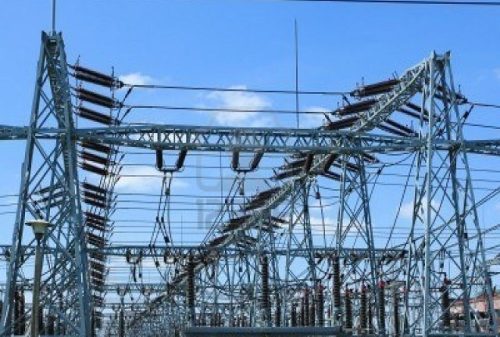In a development that has sparked widespread concern, electricity distribution companies (Discos) across Nigeria are reportedly considering moving approximately three million customers back to estimated billing. The move comes as the power firms grapple with delays in upgrading infrastructure and deploying prepaid meters under the government-backed National Mass Metering Program (NMMP).
The proposed shift to estimated billing could affect millions of households, raising concerns about transparency and fairness in electricity billing.
Behind the Move
Discos have cited supply chain disruptions, funding challenges, and logistical issues as key factors stalling the deployment of prepaid meters. Despite government efforts to enhance metering access and reduce billing disputes, the pace of implementation has lagged, leaving many customers dependent on an outdated billing system.

Under the estimated billing method, customers are charged based on average electricity consumption in their area rather than actual usage. This practice has long been criticized for its lack of accuracy, often leading to inflated bills and customer dissatisfaction.
Public Reaction
The potential return to estimated billing has drawn criticism from consumer rights groups and stakeholders. Many view the move as a step backward in the push for accountability and efficiency in Nigeria’s electricity sector.
“The estimated billing system is inherently flawed and disproportionately burdens consumers with unfair charges,” said Kunle Oladipo, spokesperson for a leading consumer advocacy group. “Discos must prioritize metering as a long-term solution rather than reverting to outdated practices.”
Regulatory Oversight
The Nigerian Electricity Regulatory Commission (NERC), which oversees the power sector, has previously issued directives to eliminate estimated billing and accelerate prepaid meter distribution. Any decision by Discos to revert customers to estimated billing is likely to face regulatory scrutiny.
NERC recently warned Discos against exploiting customers through inflated charges, emphasizing the need for accountability in billing practices. The commission has urged Discos to fast-track metering projects and ensure transparency in their operations.
The Way Forward
Industry analysts argue that resolving the metering gap requires sustained investment and policy support. Recommendations include:
- Increased Funding: Expanding access to concessional loans for metering projects.
- Public-Private Partnerships: Engaging private sector players to bridge the metering gap more efficiently.
- Enhanced Regulation: Strengthening oversight to ensure adherence to metering targets and fair billing practices.
The Federal Government has reiterated its commitment to achieving universal metering through initiatives like the NMMP. While over a million meters have reportedly been distributed under the program, the demand far exceeds supply, with millions of Nigerians still relying on manual or estimated billing systems.
As discussions unfold, stakeholders urge the Discos to prioritize consumer interests by addressing metering challenges without reverting to practices that undermine trust and transparency in the electricity sector.
Support InfoStride News' Credible Journalism: Only credible journalism can guarantee a fair, accountable and transparent society, including democracy and government. It involves a lot of efforts and money. We need your support. Click here to Donate
